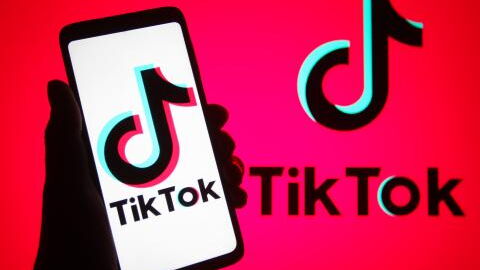TikTok has announced it will now officially ban deadnaming, misgendering and content that supports anti-LGBTQ+ conversion therapy. But critics, describing the move as long overdue, are casting doubts on the company’s ability to enforce the new regulations.
Discover our latest podcast
Clarity
The social networking app updated its terms of service Tuesday, will also see the removal of content that promotes disordered eating, such as overexercise or short-term fasting. In a blog post, TikTok’s head of trust and safety, Cormac Keenan said the updates will provide ‘clarity on the types of hateful ideologies prohibited on our platform’
Though these ideologies have long been prohibited on TikTok, we’ve heard from creators and civil society organizations that it's important to be explicit in our Community Guidelines.
The announcement goes on to express hope that the app’s recent addition of pronouns to user bios will encourage respectful and inclusive dialogue.

Enforcement is key
Navigating social media spaces is a challenge for many queer folks due to the hostile nature of these environments. Sarah Kate Ellis president and CEO of the media advocacy organization GLAAD, said TikTok’s new update
raises the standard for LGBTQ+ safety online and sends a message that other platforms which claim to prioritize LGBTQ safety should follow suit with substantive actions like these.
Twitter is the only other major social media platform that explicitly prohibits deadnaming - referring to people by their given names at birth and not by their chosen and preferred names - and misgendering in its hate and harassment policy, although enforcement of these bans remains unclear.
Read more:
⋙ Soft launching: Social media’s most subtle dating trend
⋙ TikTok’s ‘blackout challenge’ blamed for death of 10-year-old girl
⋙ TikTok sued by content moderator over ‘psychological trauma’
Reports suggest that although Facebook and Instagram ostensibly ban content that promotes conversion therapy, there are major loopholes in their policies, with conversation therapy content in Arabic still being hosted on these platforms.
Critics will be watching TikTok closely to see if it will be more successful in enforcing its pledge to protect LGBTQ+ users.















